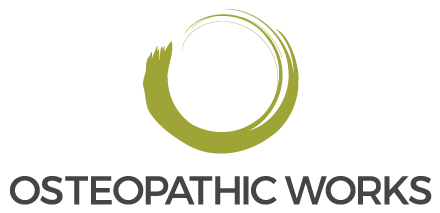The Benefits of Sleep
“Repair, Regrow, Restore”
Whilst sleeping…
Our Bodies
· repair cells
· restore energy
· release hormone and protein molecules.
Our Brains
· store new information
· eliminate toxic waste
· cranial nerve cells communicate and reorganise to support healthy brain functioning (1).
The ‘Restorative Theory’ of sleep encompasses the process of cellular restoration- where sleep allows time for cells to repair, regrow and restore. This ultimately leads to muscle repair, tissue growth, protein synthesis and hormone release (2).
One essential hormone that is released during non-REM, slow wave sleep (phases 3 & 4 of sleep) is Human Growth Hormone. This hormone stimulates the uptake of amino acids into the tissues and stimulates red blood cell formation. This in turn, provides more oxygen to the tissues and more oxygen positively aides in muscle recovery (3).
Experts recommend that adults should aim for 7 to 9 hours of uninterrupted sleep a night. Getting enough sleep is one of the most important things we can do for our health.
How can we improve sleep quality?
· set a bedtime routine
· limit caffeine consumption (especially later in the day)
· ensure a comfortable room temperature
· low light in the bedroom
· limiting screen time before bed (4)
Our parents always said the key to staying healthy is a good night’s sleep, and evidence shows that they were right! If you are looking for a way to speed up recovery from an injury, or just an improvement in overall health, high quality uninterrupted sleep could be your answer.
REFERENCES:
1. Z Assefa S, Diaz-Abad M, M Wickwire E, M Scharf S. The Functions of Sleep. AIMS Neuroscience. 2015;2(3):155-171.
2. Adam K, Oswald I. Sleep Is for Tissue Restoration. J R Coll Physicians Lond. 1977 [cited 26 April 2021];11(4). Available from: https://www.ncbi.nlm.nih.gov/pmc/articles/PMC5368747/
3. Troynikov O, Watson C, Nawaz N. Sleep environments and sleep physiology: A review. Journal of Thermal Biology. 2018;78:192-203.
4. Exelmans L, Van den Bulck J. Bedtime mobile phone use and sleep in adults. Social Science & Medicine. 2016;148:93-101.

